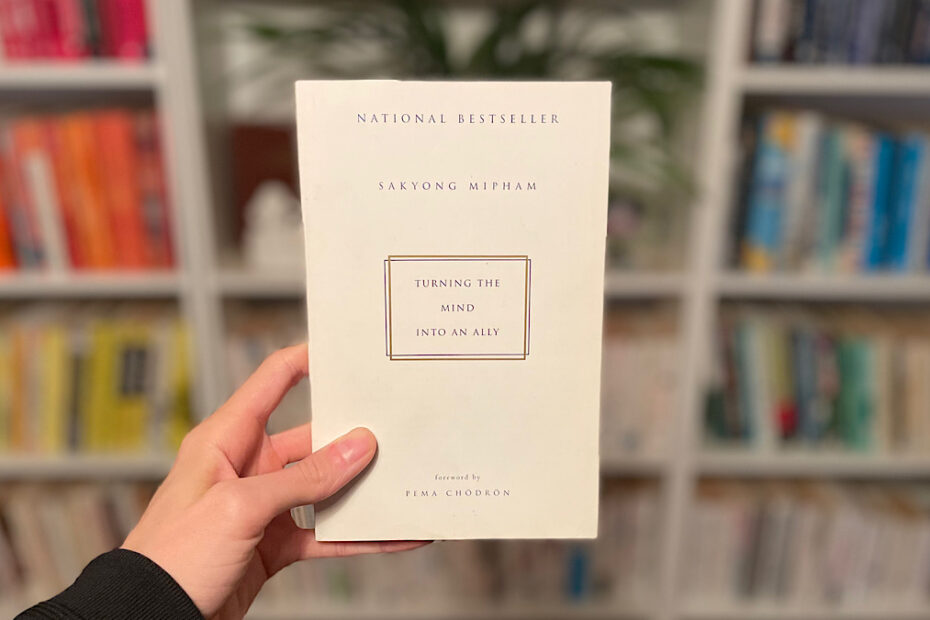Mark Divine Quote on The Art Of Positive Thinking
“The art of positive self-talk is simply paying attention to your inner dialogue and directing it toward positive, performance-based language. Most people don’t take the time to sit back and witness their own thoughts, which is an essential step toward realizing that our thoughts are not who we are. They don’t control us. They’re just thoughts. The only power they have is what we give them—what we feed them. Once you create that mental distance between you and your thoughts, you can start to tame and manage them.”
Mark Divine, The Way of the Seal
Beyond the Quote (28/365)
The difference between false-positivity and performance-based positivity is in the types of actions each inspire you to take. In the first, you put a happy face on, you mask your emotions, and you distract yourself from the real problems with positive thinking—it’s a diversion and is nothing more than an avoidance strategy that leads to inaction. In the second, positivity is looked at as a strategy that can be deployed and used to best deal with tough situations or emotions that are at hand. Because if we’re going to deal with the situation(s) regardless (given that you’re not going to bury your head in the sand) we might as well do it from a place where we are mentally at our best.
Read More »Mark Divine Quote on The Art Of Positive Thinking



